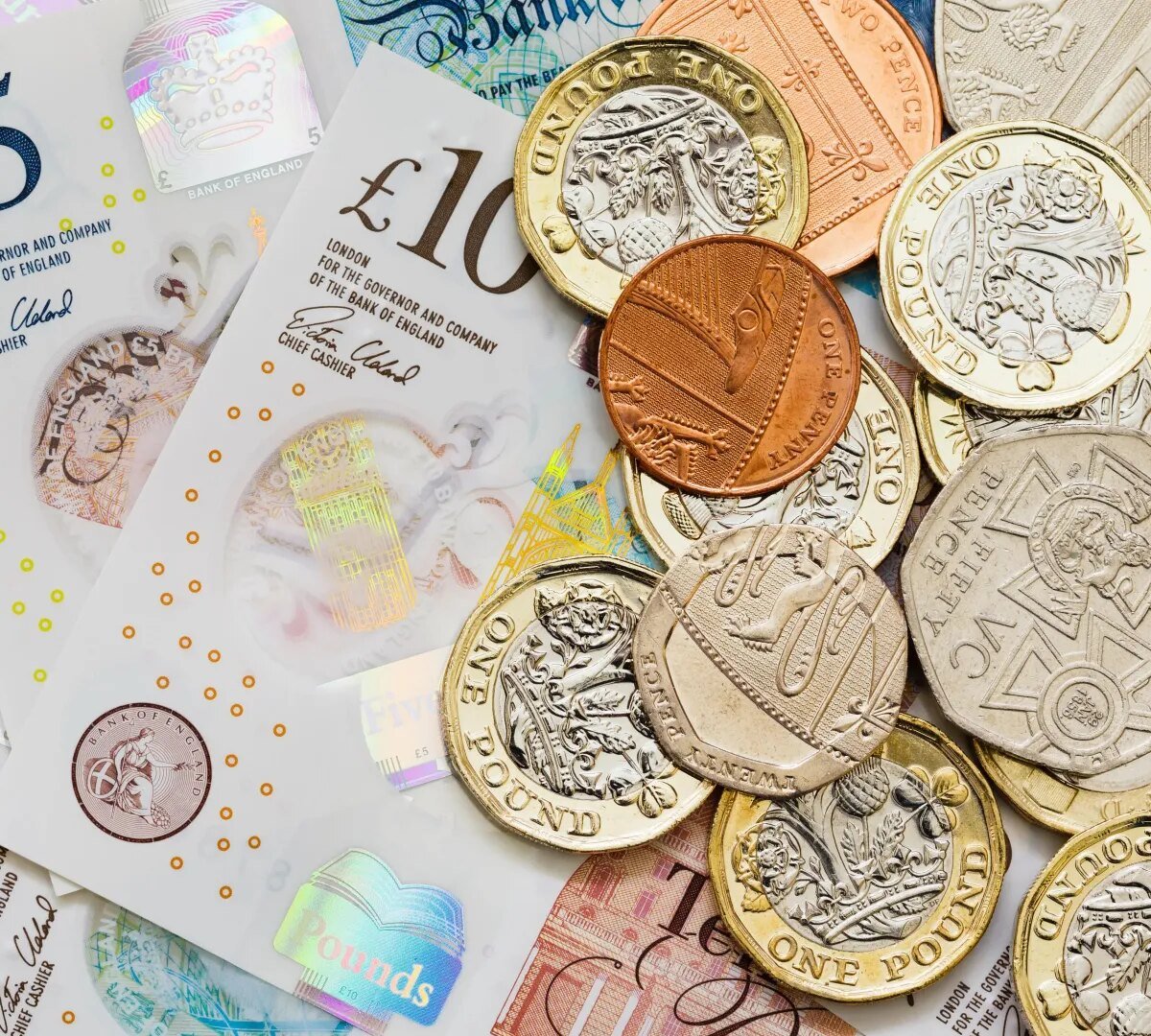NOVEMBER is fast approaching, and with it come plenty of changes that could affect your pocket.
Millions of people will keep their eyes peeled on any potential changes off the back of Rachel Reeves’ budget but others may extra support to help with the cost of living through grants and benefits.

These are the main key dates for your calendar…
November 1: Cold weather payments
Cold weather payments are available from November 1 if the average temperature in your area is recorded as, or forecast to be, zero degrees celsius or below over 7 consecutive days.
If you are eligible, you’ll get £25 for each 7-day period of very cold weather between 1 November 2025 and 31 March 2026.
You usually qualify for a cold weather payment once temperatures have dropped and if you’re on certain benefits. These are:
You can also get the payments if you receive support for mortgage interest.
However, depending on each benefit, there are other criteria you might have to fulfil to be eligible.
November 6: Bank of England interest rate decision
The Bank of England will announce its next interest rate decision on November 6.
The base rate impacts the interest rates banks offer on savings accounts and loans, including mortgages.
In September, the Bank of England‘s rate-setters voted to keep the base rate steady at 4% – but rates are expected to fall next week, according to a major investment bank.
Analysts at Goldman Sachs expect a cut to 3.75% next Thursday.
A decrease in the interest rate would mean lower mortgage payments for homeowners, but could also lead to smaller returns for savers.
After this month’s meeting, there is one more decision left in the year – December 18.
November 19: Inflation
The Office for National Statistics will release the latest inflation data on November 19.
Inflation measures the rate at which prices increase for goods and services such as petrol, food and transport.
Rising inflation means goods and services like food, entertainment, fuel, and clothes cost more.
It means prices will rise faster, pushing up the cost of household bills for millions, while salaries don’t necessarily go up.
The UK’s rate of inflation was at 3.8% in September – remaining unchanged from August.
Inflation stayed unchanged last month after the cost of food and non-alcoholic drinks fell for the first time since May 2024, the ONS said.
November 25: Ofgem price cap announcement
Ofgem is expected to announce a new energy price cap by November 25.
The Ofgem price cap is currently at £1,755 – this is the average annual bill for those on a standard variable tariff paying by direct debit.
The price cap is based on an average household using 2,700 kWh of electricity and 11,500 kWh of gas annually.
An increase in the price cap would mean higher bills for the same amount of energy used.
But only those on standard variable tariffs, which is over 35million households, will be affected by the price cap change.
The energy regulator reviews and updates the price cap every three months.
The new cap will come into force on January 1 2026 and is set to apply until March 31 2026.
November 26: Autumn Budget
Chancellor Rachel Reeves is set to deliver her Autumn Budget on November 26, with reports suggesting an increase in income tax could be on the cards.
Income tax is paid at different rates depending on your income, and some people pay nothing at all.
That’s because there’s something known as the personal allowance. This is worth £12,570, and is the amount you can earn before you begin paying tax.
As it stands, the basic income tax rate is 20% and this applies to taxable income higher than £12,570 and up to to £50,270 a year.
Meanwhile, earnings between £50,271 and £125,140 are taxed at a higher rate of 40%.
Rumours are swirling that Reeves could be looking at hiking the basic rate of 20% by 2p – taking it to 22%.
Should Reeves choose to hike income tax by 2p, those on a £15,000 salary would see their tax bill bump up by £49 from £486 to £535.
While those on a £20,000 salary would pay £149 more, with their bill rising from £1,486 to £1,635. Those on a £30,000 salary would pay £349 more a year.
Those earning £35,000 – roughly the average salary in the UK – would be paying £449 more. Their bill would soar from £4,486 to £4,935.
Those earning a higher salary would be hit by the biggest bill hike.
Workers with a salary of £50,270 or more would be paying £754 more in extra income tax per year.
There is also speculation about ISAs – including that the annual limit for cash ISAs could be halved from £20,000 to £10,000.
November 28: Black Friday
Black Friday takes place on November 28 this year – with Cyber Monday scheduled for December 1.
But deals usually start appearing before these dates, with many retailers launching deals as early as the end of October.
And some sales are already live, including up to 25% off on selected fragrances at Boots, up to £200 off vacuum cleaners at Dyson and early access deals on outdoor clothing at Decathlon.
Meanwhile, Aldi is planning to launch Black Friday deals three weeks early this year.
The bargain supermarket is treating shoppers to savings across home, beauty, toys, and tech from November 6.








